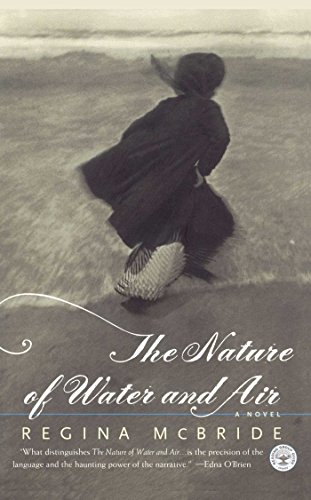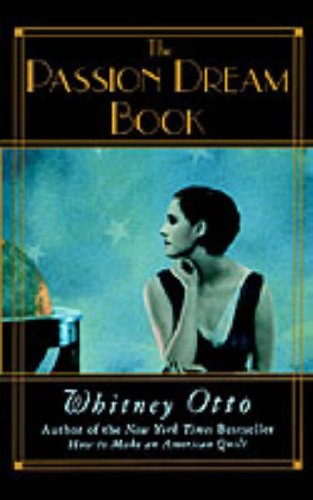Books That Let You Slip Through Time
Discover the best books that let you slip through time with our curated list of captivating time-slip novels. Explore thrilling adventures, historical journeys, and magical escapes in these must-read titles.

Book
Possession
by A. S. Byatt
BOOKER PRIZE WINNER • NATIONAL BESTSELLER • A tale of two young scholars researching the secret love affair of two Victorian poets that's an exhilarating novel of wit and romance, an intellectual mystery, and a triumphant love story. “Gorgeously written … A tour de force.” —The New York Times Book Review Winner of England’s Booker Prize and a literary sensation, Possession traces the lives of a pair of young academics as they uncover a clandestine relationship between two long-dead Victorian poets. As they unearth their letters, journals, and poems, and track their movements from London to Yorkshire—from spiritualist séances to the fairy-haunted far west of Brittany—what emerges is an extraordinary counterpoint of passions and ideas.





Book
Restoration
by John Ed Bradley
More than sixty years after artist Levette Asmore committed suicide after destroying his most famous work, a controversial mural, journalist Jack Charbonnet and art restorer Rhys Goudeau discover that the painting may still exist.




Book
Wuthering Heights
by Emily Bronte
Nominated as one of America’s best-loved novels by PBS’s The Great American Read Wuthering Heights, first published in 1847, the year before the author's death at the age of thirty, endures today as perhaps the most powerful and intensely original novel in the English language. “Only Emily Brontë,” V.S. Pritchett said about the author and her contemporaries, “exposes her imagination to the dark spirit.” And Virginia Woolf wrote, “It is as if she could tear up all that we know human beings by, and fill these unrecognisable transparencies with such a gust of life that they transcend reality. Hers, then, is the rarest of all powers. She could free life from its dependence on facts, with few touches indicate the spirit of a face so that it needs no body; by speaking of the moor make the wind blow and the thunder roar.”